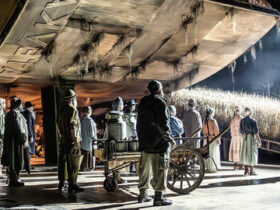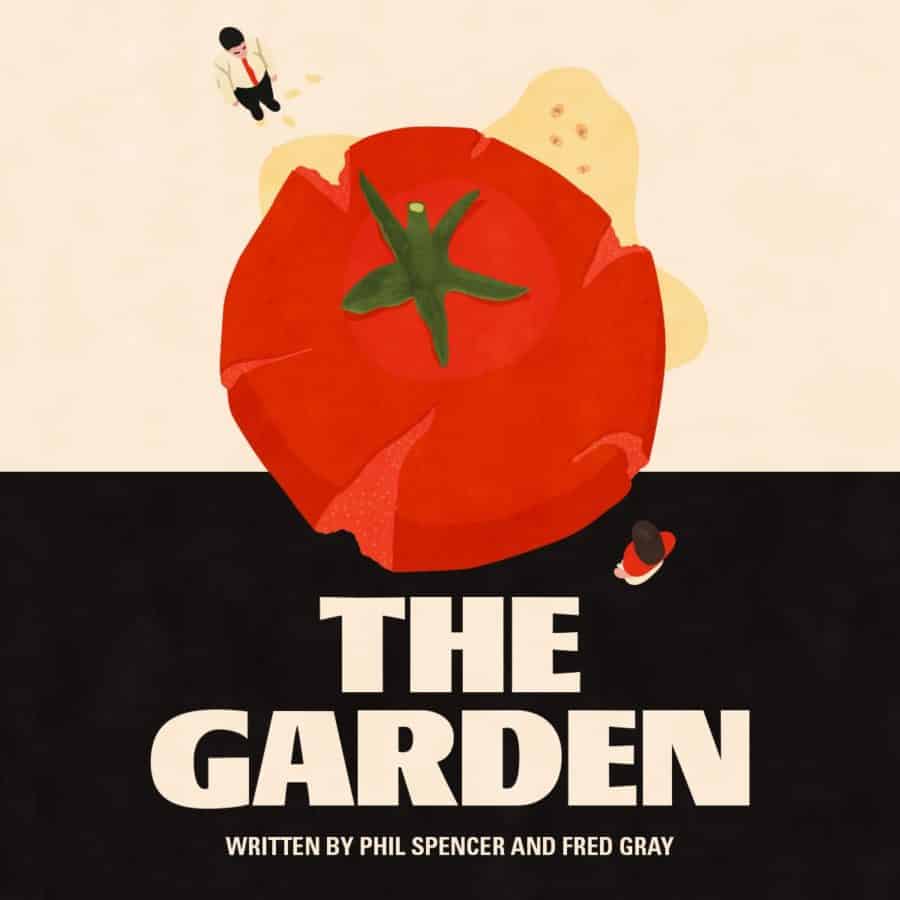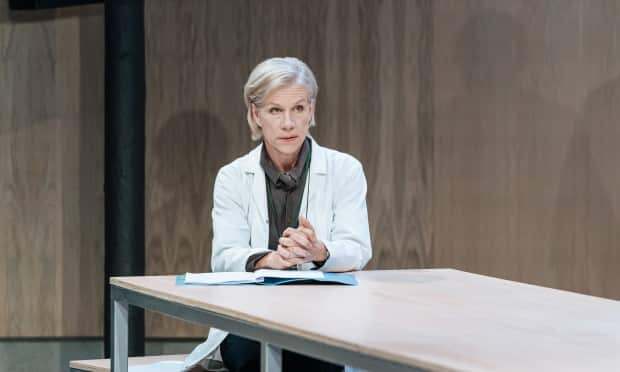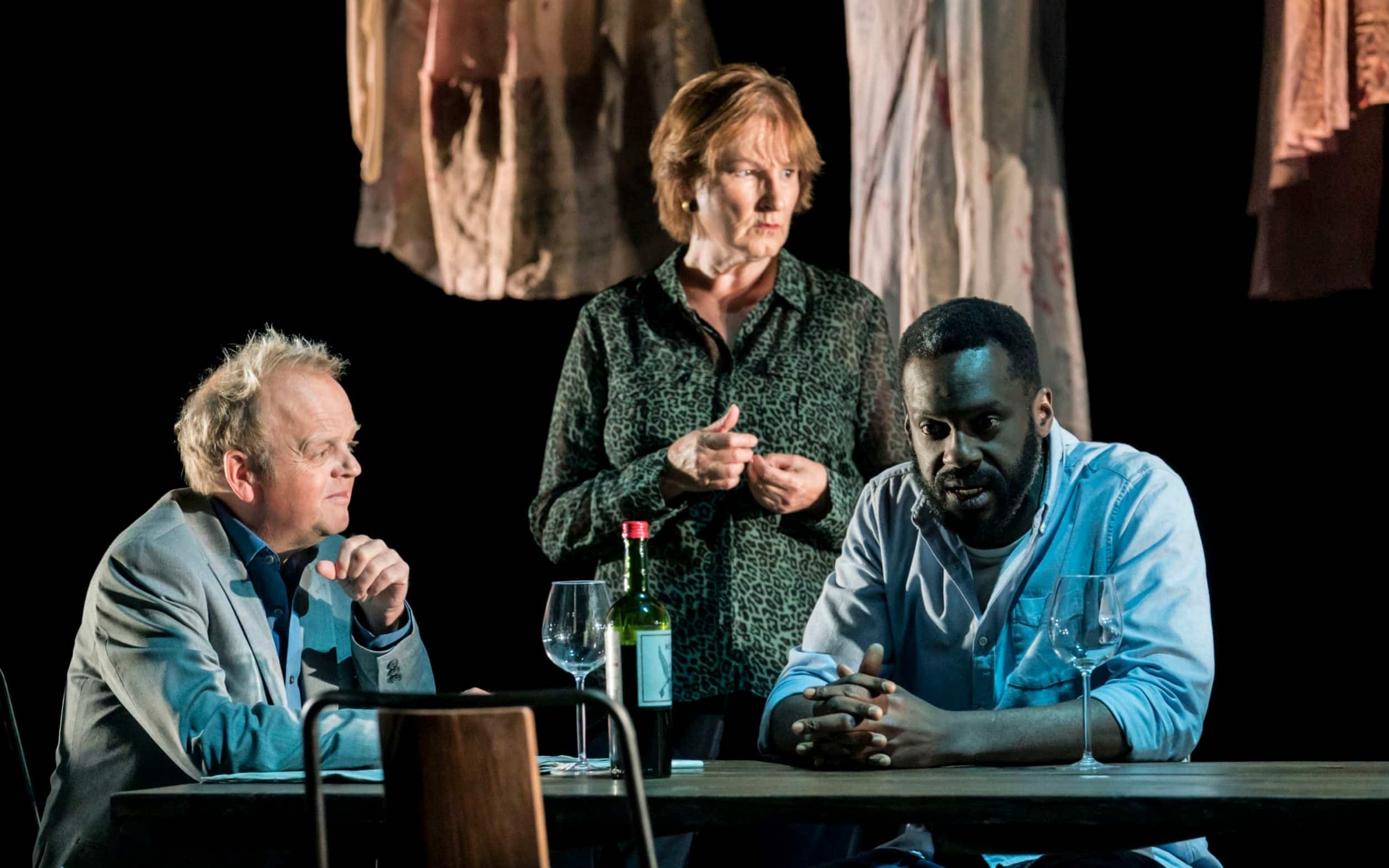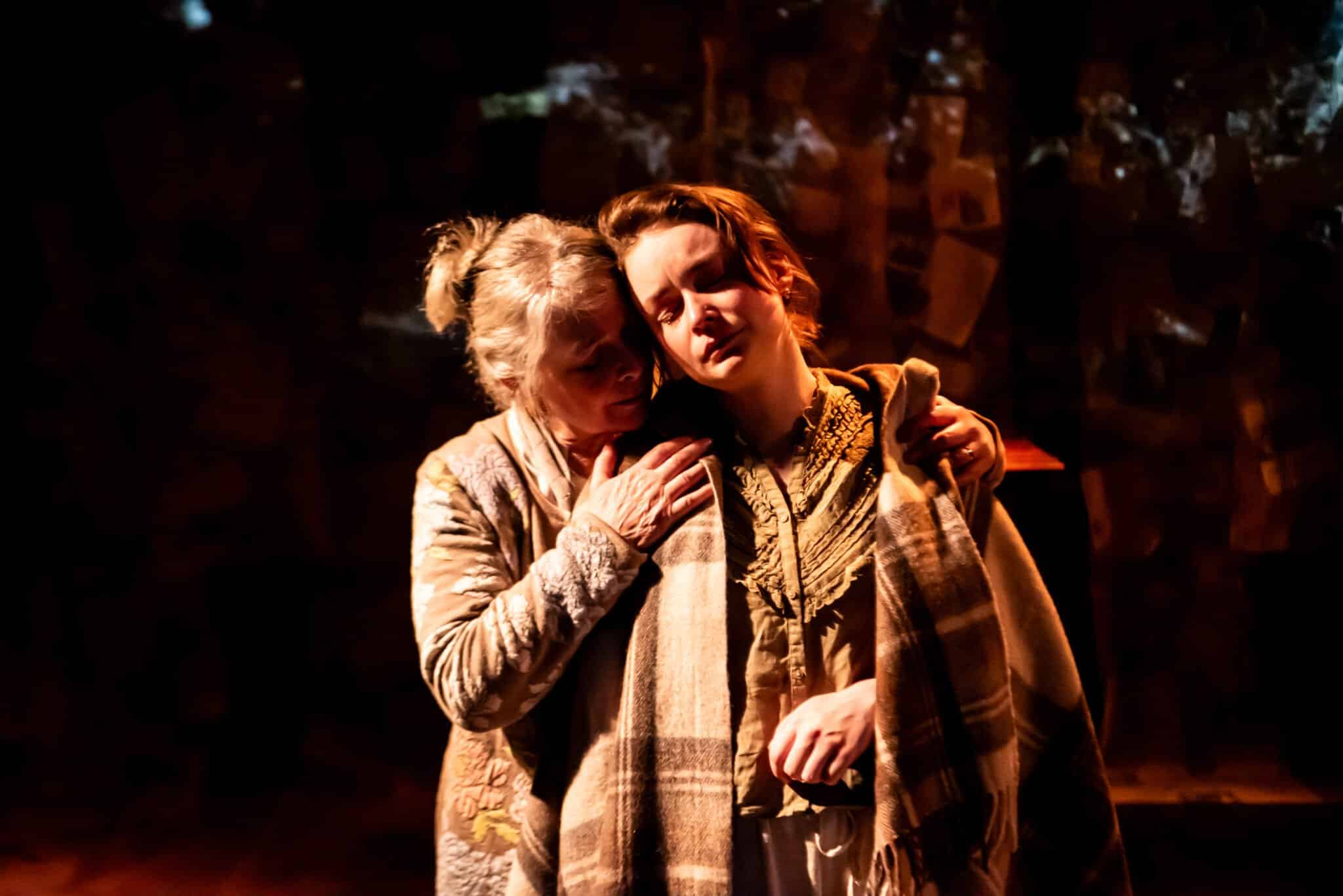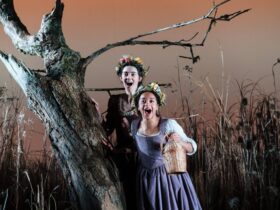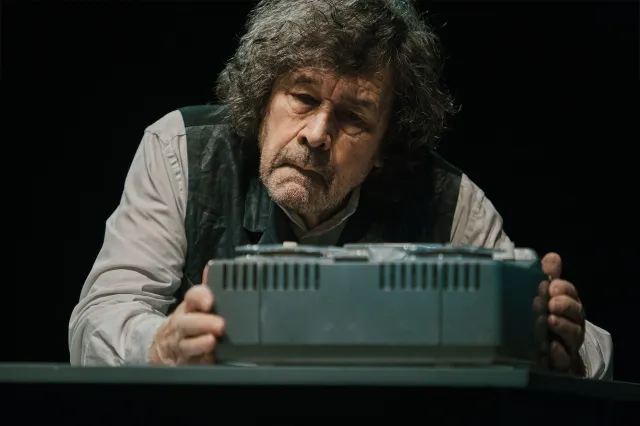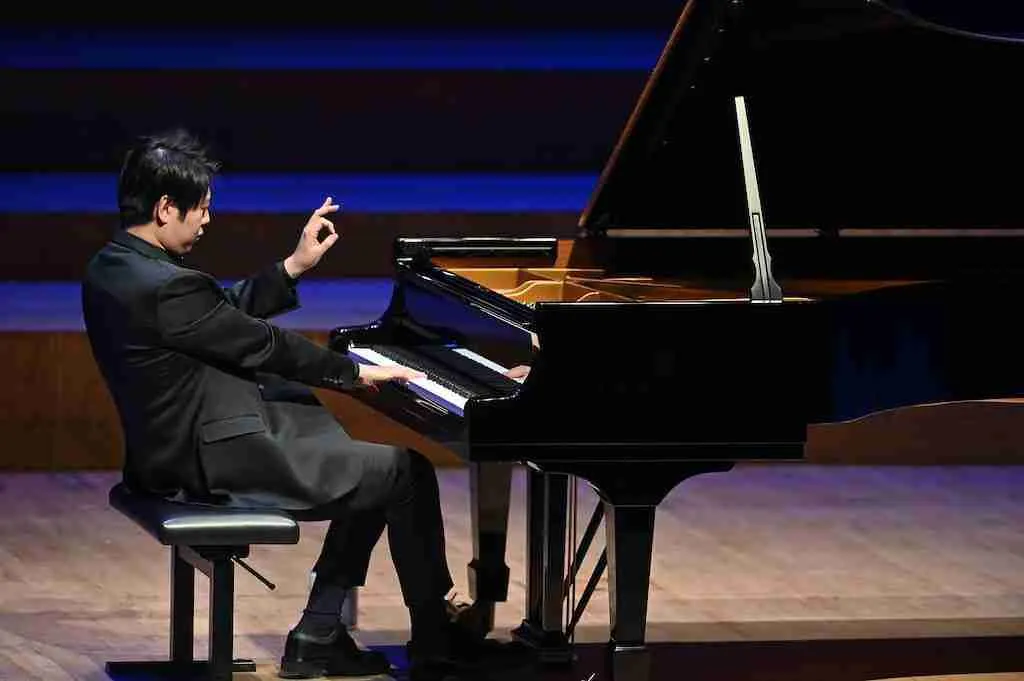‘Theatrical beauty’
If you don’t love Fiddler are you even a musical theatre fan? Perhaps you’re not, I do pride myself on the mixed-bag readers of this site. Yet I would argue regardless of your relationship to a step-ball-change, you should.
Here’s a quick history lesson, get comfy children. Sholem Aleichem’s Yiddish language stories were carefully musicalised by writer Joseph Stein, composer Jerry Bock and lyricist Sheldon Harnick fashioning a 1965 HIT that was the first to surpass 3,000 performances making earnings of $1574 for every dollar invested, on route casually clutching nine Tony awards including Best Musical. A 1971 film grossed $83.3 million worldwide on a $9 million budget further feathering even more nests. Regularly revived on both sides of the Atlantic and further afield (super popular in Japan). Ironically for a musical about tradition (I mean, is it?) It has had many fiddles (sorry) and interpretations shifting languages, focus and aim.
Surely the most interesting question though is not how it gained cultural immortality but why. Jordan Fein directed last year’s rumble in the bushes at Regents Park Theatre (also winning a cool three Oliviers) and has now moved into the waterproof bulk of the Barbican before a 2026 tour. The production keeps the tight cohesion needed to dazzle in drizzle but throws some good old Barbican budget at it, with such results!
Tom Scutt has a whole cornfield hanging from the ceiling, populated constantly by a dying oak, and sometimes by the eponymous fiddler (divine Raphael Papo) and clarinet-playing daughter Chava. Underneath is the village square of Anatevka, and on each side more receding bunches that rustle appealing whenever someone even turns around too quickly. It is beauty in theatrical form with Aideen Malone crafting early morning Tevye pulling his craft as easily as the claustrophobic tavern scene with some inspired lighting choices.
But what inhabits this small slice of Tsarist Russia just after the turn of the century? Adam Dannheisser hops the pond after playing the supporting Lazar Wolf in the 2015 Broadway revival. Safe to say he knows the score, and in his chapped, overworked hands we get a remarkably everyday interpretation of our lead Tevye: chatting to God, despairing of his modern daughter’s choice of mates, strong but resigned in the face of the prevailing antisemitism of the day. Movie star Lara Pulver is his “sharp-tongued” wife Golde yet again softens to a real woman dealing with poverty and family. Together they skirmish and clatter, nevermore enigmatically than in Do You Love Me.
But it’s the daughters that cause all the chaos. Natasha Jules Bernard as Tzeitel is desperate to avoid marrying the butcher, campaigning hard to marry a penniless tailor instead. Dutiful yet strong, vocally peerless. Georgia Bruce is the even more spirited Hodel, falling in love with a travelling teacher/communist and following him to change the world (in Siberia), vocal sweetness overlaps with an iron will. Lastly and most eye-moistening the clarinet star herself Hannah Bristow playing Chava, falling in love with a gentile, banished for love. Their swift expulsion and following musical solo soak the grains in our easily given tears.
Each of their betroths (Dan Wolff-Motel, Daniel Krikler-Perchik, Gregor Milne-Fyedka) make the vastly different Romeos their own. Beverley Klein stands out as the gossipy and visually gothic matchmaker Yente, but the whole collection of Rabbis, shoemakers, and village folk in short morphed by Julia Cheng’s pinhead-precise choreography build a microcosm of tattle and trial. The wedding/bottle dance is rightfully a moment where Cheng’s genius slides its way across the floor, never allowing anything to drop.
With so many hits crammed into the first act, we are blown back into our seats by the interval: Tradition, if I Were a Rich Man, followed by To Life, and then Sunrise Sunset. It just never stops its whirling horah. Politically Fiddler is an inspired choice for a summer show in The Barbican. Providing a stark reminder of the history of antisemitism it also spends most of its 2.40 hours questioning the dogma its characters cling to with various degrees of strength. As the last rousing Anatevka blasts out into the auditorium, you could have knocked me off a roof with a feather. Making an old classic feel new? Not an easy thing to do.
On for the slog of the summer, snipe those tickets, click HERE!


